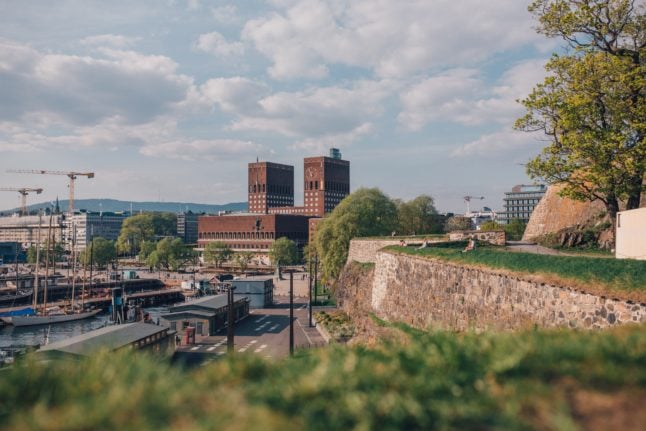The group’s net profit was 4.72 billion kronor ($659 million) – a rise of 6.4-percent from the first quarter of 2009.
Net profit was down 13 percent in the fourth quarter of last year.
But analysts polled by the Dow Jones Newswire said they had been expecting a
profit of 4.96 billion kronor in the first three months of the year.
The company also also said its sales were down 3.9 percent in the first quarter, mainly because of currency exchange effects.
“The growth that we saw in the first quarter makes me more confident than a couple of months ago that we will reach our forecast of somewhat higher net sales in local currencies than last year,” said chief executive Lars Nyberg.
“Eurasia continues to be our growth engine, with a revenue growth of more than twelve percent in local currencies. This was twice as high as in the fourth quarter last year and was achieved with maintained high profitability.”


 Please whitelist us to continue reading.
Please whitelist us to continue reading.
Member comments